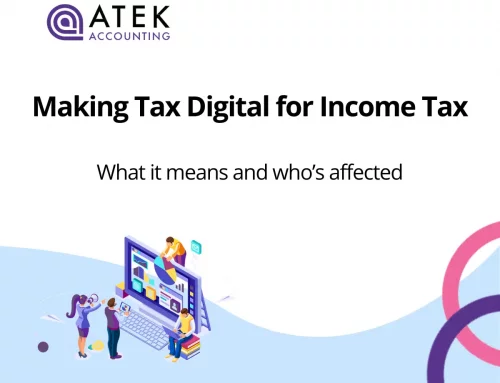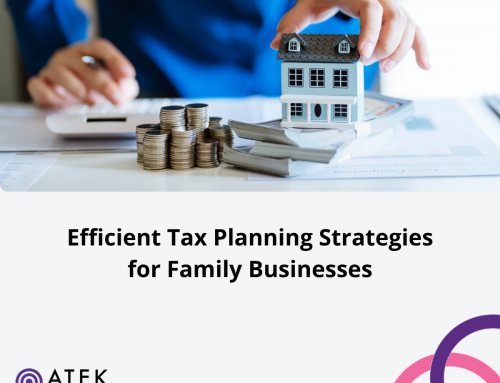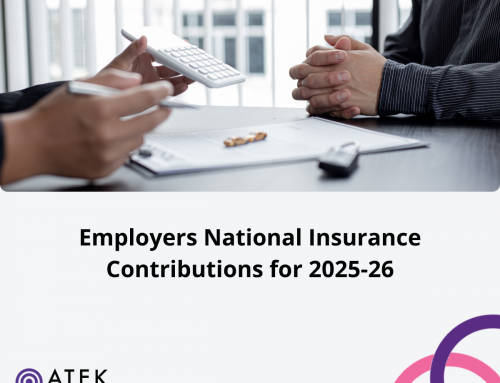
Master Your Business Finances with Cash Flow Forecasting
The events industry is unpredictable – one month might be fully booked, and the next eerily quiet. So, how do you stay ahead financially in such a volatile landscape? That’s where cash flow forecasting comes in.
Cash flow forecasting provides a strategic view of where your business is heading, so you can anticipate challenges and make informed decisions to keep your business running smoothly.
And the benefits don’t stop there…
Benefits of Cash Flow Forecasting:
A. Builds Confidence Across Key Stakeholders
The cash flow forecast targets three particular entities – offering them visibility and demonstrating financial control. A good projection, albeit still rough, can build confidence in each of these stakeholder groups.
- Owners: Owners can assess whether they’re on track financially. If not, they’ll know when and how to take action.
- Banks: Banks may use a cash flow forecast to assess the liquidity of a business. A strong financial projection can be the difference between securing or missing out on a loan.
- Investors: Investors can see the current standing of a company. A positive cash flow forecast may encourage them to contribute more funds and support new projects.
Additionally, a clear cash flow forecast could put a business in a stronger position when renegotiating terms. Helping to improve your cash flow and overall financial health.
B. Gains Insight To Plan Ahead
Both good and bad decisions come from the top. As a leader, you want to make as many good decisions as you can regarding your business, yourself, and your team.
Before you take any action, it’s critical to know how money moves in your company. But here’s the thing – you can’t always rely on current or very recent data, especially in an events-based business.
Cash flow forecasting considers a lot more information from the past months and years. And the final report can give you a better idea of what’s going on with your business.
For example, an events company might experience a surge in bookings during summer and struggle in winter.
By analysing past data, they can predict seasonal cash flow and plan ahead – perhaps by securing advance deposits or offering off-season promotions to maintain revenue.
Right now, you may think that you’ve had a great three-month stretch. But what if it’s an anomaly? Can you rely on the same numbers for the next quarter or the one after that?
Forecasting helps you gain much-needed perspective. At the same time, it forces you to think strategically about your next move.
Who Should Handle Your Cash Flow Forecasting?
Ideally, a company’s CFO should manage cash flow forecasting. However, in smaller businesses, other team members can take on this responsibility.
-
Accountants: If you have an accountant, they can create and manage a forecasting model.
-
Business Owners: If you have financial experience, you can handle forecasting yourself, ensuring that insights directly inform business decisions.
-
Finance Teams: As your business grows, delegating cash flow forecasting to a dedicated finance team becomes essential.
Forecast Your Finances
In the events space, it’s critical to base your plans for the future on solid, reliable information. Taking the time to project your cash flow is an important tool to protect your business.
If you see warning signs of falling cash flow, forecasting can help you pinpoint the issue and take action to prevent it from happening again.
Our team specialises in tailored financial forecasting for event management firms, ensuring you have the insights you need to thrive.
Ready to take control of your cash flow? Contact us today to get started!
More resources:













